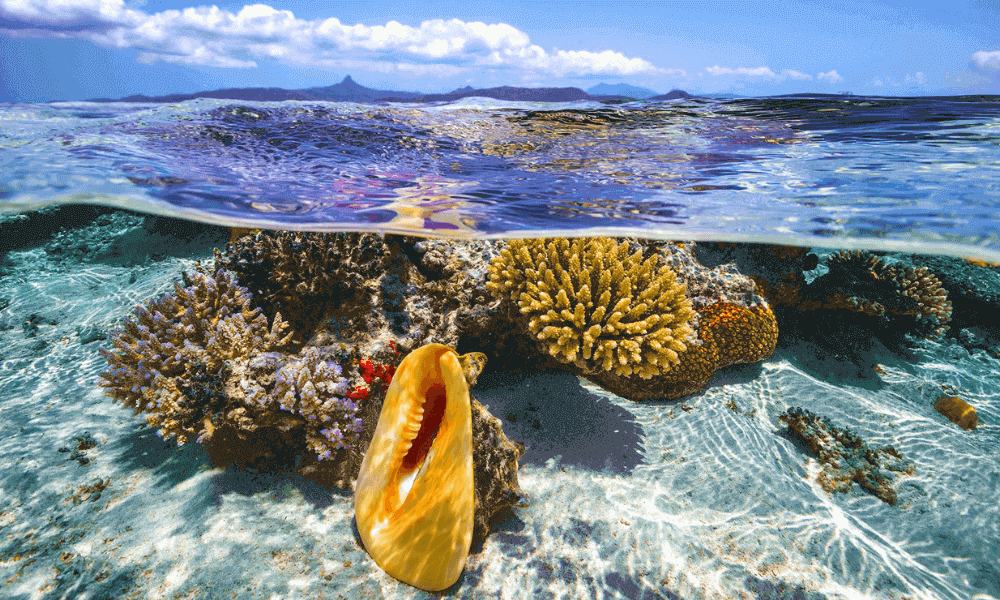Ocean animals food means what sea creatures eat and how they find their meals. First, they search for food in many ways. Some filter tiny plants from the water. Others hunt smaller animals. As a result, their eating habits shape life in the ocean.
Also, every sea animal has a role in nature. For example, some keep plant life in balance. Others control fish numbers. In fact, their diets help keep the ocean healthy. Because of this, we must care for what they eat. Therefore, when we understand their food habits, we respect the ocean more. In the end, this knowledge helps us protect sea life.
Types of Ocean Animals Based on Diet
Ocean animals fall into three main categories based on their diet.
First, there are herbivores, or plant-eating animals. They mostly eat algae, phytoplankton, and other small plant-based organisms. For example, sea turtles, manatees, and parrotfish all belong to this group.
Next, we have carnivores, or meat-eating animals. These creatures actively hunt and eat other marine life, such as small fish, jellyfish, or octopuses. Examples include sharks, octopuses, and dolphins.
Finally, some ocean animals are omnivores, meaning they eat both plants and animals. Crabs, sea snails, and some types of fish fall into this category.
Each group plays an important role in maintaining balance within the ocean ecosystem.

How do ocean animals find food?
Marine animals use different strategies to gather food. For example, some rely on filter feeding. Whales follow this method as they filter tiny plankton from the water. Others depend on hunting. Sharks and dolphins, for instance, chase and catch their prey using speed and sharp senses. In contrast, some creatures prefer bottom feeding. Crabs and snails, for example, eat organic matter found on the sea floor. Each method helps animals survive in their unique environment
The Ocean Animals Food Chain
The ocean food chain starts with the tiniest organisms and builds upward. It usually follows this order:
Phytoplankton → Small fish → Bigger fish → Top predators (e.g., sharks)
If this chain is disturbed, it can affect the balance of marine life.
Importance of Marine Food Balance for Ocean Animals food
Preserving the natural food sources of ocean animals is vital. Overfishing, plastic pollution, and oil spills disrupt this balance. Protecting their food chain means protecting the health of the oceans.
Are you interested in the ocean food chain?
Conclusion
Understanding what ocean animals eat goes beyond marine biology. In truth, it helps us protect nature. When we learn how sea creatures find food and survive, we see how all life in the ocean connects. As a result, we become more aware of our role in protecting marine life. Therefore, this knowledge encourages us to care for the ocean. In the end, simple awareness leads to powerful action.

Leave feedback about this